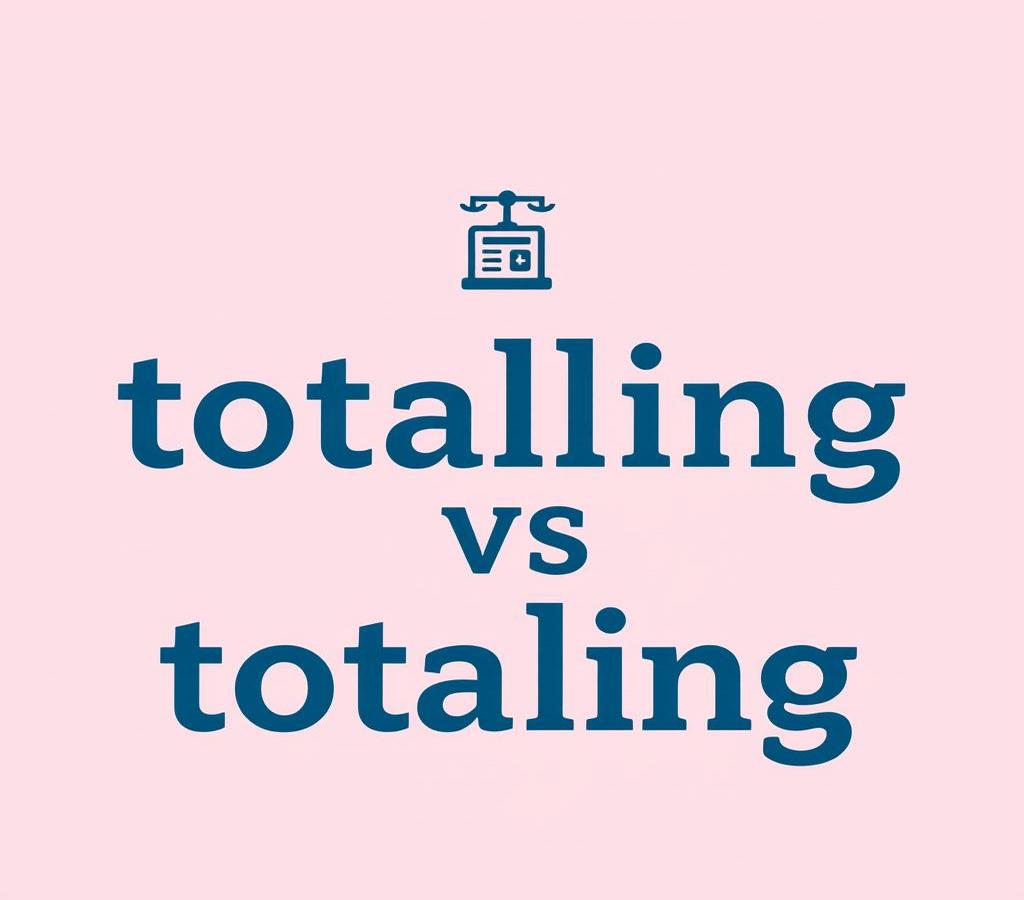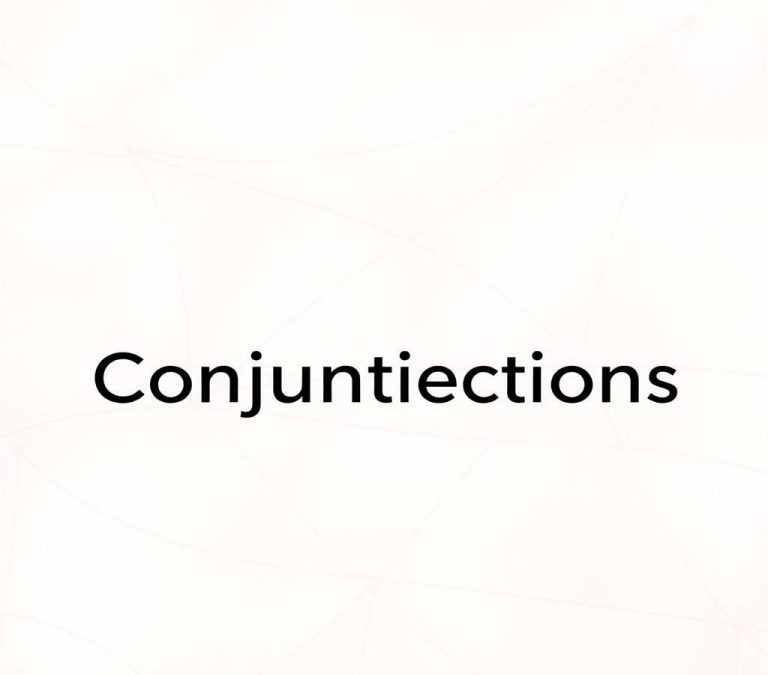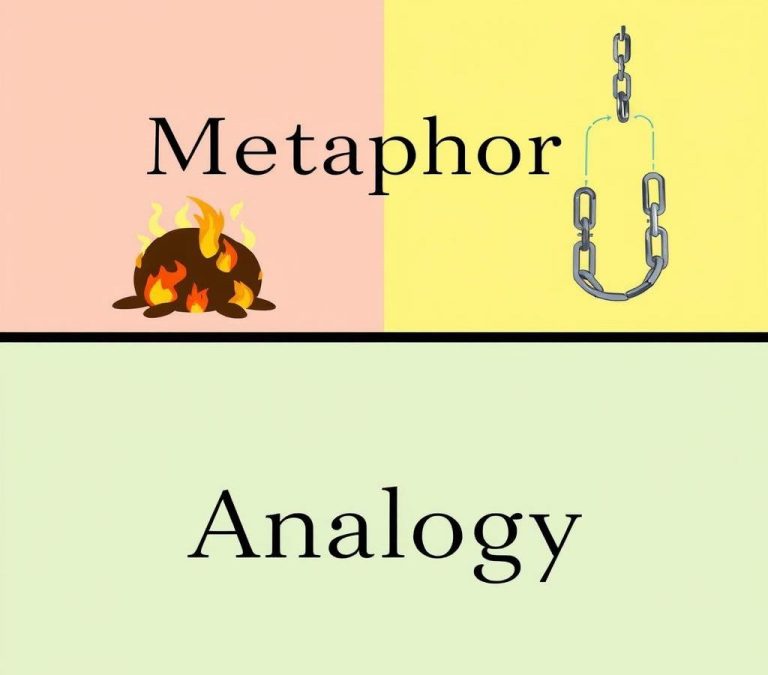Totalling or Totaling: Grammar Usage & Correct Spelling
The English language is full of variations, especially between British and American spellings. One common example is “totalling” versus “totaling.” Both words have the same meaning but are spelled differently depending on where you are. This small difference can be confusing for writers trying to pick the right version. In this article, we will look at the reasons behind these variations, the correct contexts for each spelling, and tips for choosing the proper form based on your audience or location.
Quick Answer
Totalling is the preferred spelling in British English, while totaling is commonly used in American English. Both are correct, but the choice depends on your target audience and regional writing style. If you’re writing for a global audience, totalling is a safe bet, as it’s widely accepted and understood.
Why There is Confusion
The English language is full of quirky rules and peculiar exceptions, and the topic of spelling often showcases this complexity. One such instance of confusion is between the spellings “totalling” and “totaling,” two variants of the same word but spelled differently based on regional preferences.
The confusion arises primarily from the differences in British and American English. While each spelling refers to the same action—calculating the total of something—the usage depends largely on geographical distinctions. These differences are deeply rooted in historical and linguistic developments of English across various regions. Understanding these preferences helps in using the right spelling in the appropriate context, avoiding misunderstandings and ensuring effective communication.
What does “Totalling” Mean?
The term “totalling” refers to the act of summing up amounts to reach a final total. It is the present participle or gerund form of the verb “to total,” which means to add figures together to find a complete sum. “Totalling” is the preferred spelling in British English and is used in countries that follow British linguistic conventions, such as the UK, Australia, and Canada.
When you see “totalling” used in sentences, it often signifies the methodical process of totaling various numbers or items to achieve one comprehensive figure. This spelling mirrors other similar British English conventions, where a double consonant is often added before a suffix when the base word ends with a single vowel followed by a consonant.
What does “Totaling” Mean?
“Totaling,” like “totalling,” refers to the process of calculating or enumerating figures to find the complete sum. This version of the word is used predominantly in American English. It stems from the same verb “to total,” and follows the American spelling convention that often favors single consonants before adding a suffix.
“Totaling” is applicable in exactly the same contexts as “totalling,” highlighting the action of aggregation or summation. However, in American English, spellings often tend to be simplified, which explains the preference for single consonant usage in “totaling.”
Differences between “Totalling” and “Totaling”
Differences in Parts of Speech
Both “totalling” and “totaling” function as the present participle forms of the verb “to total.” This shared functionality allows them to be used interchangeably in terms of parts of speech, performing the role of verbs in sentences. This means they can describe actions being carried out by subjects.
Regardless of the spelling used, either form can serve as nouns (as gerunds), contributing additional descriptiveness to sentences. For instance, “The totalling of the expenses took longer than anticipated” or “His work in totaling the inventory was impeccable.”
Differences in Regional Usage
The primary distinction between “totalling” and “totaling” lies in their regional usage. “Totalling” is the standard in British English, aligning with the typical British spelling rules. Conversely, “totaling” follows the American English conventions, which often streamline certain spellings.
These regional preferences underscore broader cultural and linguistic differences. Writers, editors, and international communicators often face these differences, which can influence their word choices depending on the audience’s expected spelling conventions.
Differences in Style Guides
The choice between “totalling” and “totaling” can also be informed by style guides that dictate language usage standards for publications and organizations.
- The Associated Press (AP) Stylebook, widely used in American journalism, emphasizes American standards, hence “totaling” would be preferred.
- The Chicago Manual of Style also adheres to American English conventions, supporting the use of “totaling.”
- The Guardian and Observer Style Guide, which guides British publications, would advocate for “totalling.”
- The Oxford Manual of Style would also champion the British spelling of “totalling.”
Therefore, the alignment with specific style guides is essential, especially for writers, editors, and professionals crafting documents for specific audiences or institutions.
Synonyms for “Totalling”
To avoid confusion or simply to enhance variety in writing, there are several synonyms for “totalling” that can be employed:
- Adding up
- Summing up
- Calculating
- Aggregating
- Compiling
- Accumulating
Employing these synonyms can provide clarity without the ambiguity of different spellings, catering to diverse audiences by broadening the vocabulary.
Synonyms for “Totaling”
Similarly, for American English usage, synonyms for “totaling” include:
- Summing
- Adding
- Counting
- Evaluating
- Reckoning
- Summarizing
These alternatives ensure that the text remains engaging and clear, avoiding repetitiveness while maintaining the intended meaning.
Examples of Usage for “Totalling” and “Totaling”
To better understand the use of “totalling” and “totaling,” here are some contextual examples demonstrating each spelling:
- After consulting all the invoices, the accountant commenced the process of totalling the expenses for the month.
- She was responsible for totalling these amounts to ensure the budget was not exceeded.
- At the end of the financial year, their report showed the totalling of expenditures against revenues.
In American English contexts:
- The staff spent the morning totaling the customer orders from the previous day.
- Understanding the pricing structure required totaling all the individual components accurately.
- The project manager was engrossed in totaling the project costs to avoid overspending.
These examples illustrate how both spellings can fit seamlessly into contexts involving financial calculations, accumulations, and summaries.
Conclusion: Which Spelling to Use?
When deciding between “totalling” and “totaling,” the choice primarily hinges upon the intended audience and regional conventions. If writing for British audiences or publications, employing “totalling” aligns with the native spelling preferences. Conversely, if the document is directed towards an American audience, “totaling” would be the appropriate choice.
Moreover, adherence to specific style guides relevant to the writing context can further streamline this decision. Professional writers and editors should remain sensitive to these distinctions to ensure their work resonates and communicates effectively across varied linguistic landscapes.
Ultimately, clarity and audience understanding are paramount. Regardless of which spelling you choose, consistency remains key in maintaining professionalism and comprehensibility in written communication.







